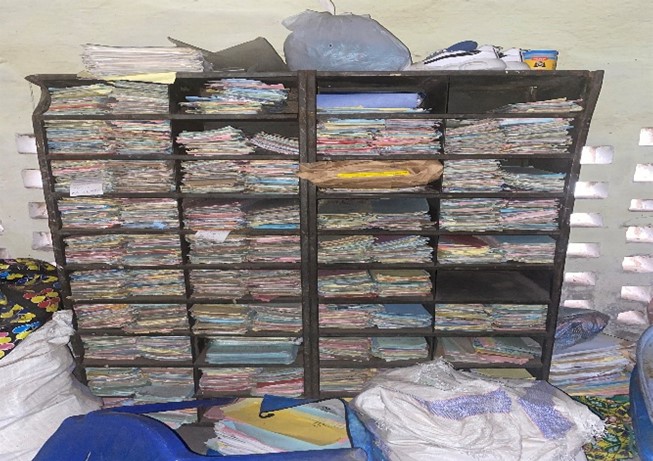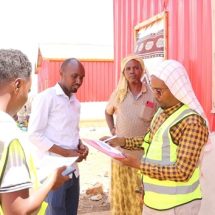UN-Habitat and GLTN organized, September 16, 2024, a workshop to present the findings of the baseline studies of the second phase of the Land Reform Support Program. Present at the workshop were the state services of the ministries of Land Affairs, Agriculture and Food Security, Environment and Sustainable Development, Spatial Planning and Urban Planning and Housing. Also represented at the workshop was the National Commission for Land Reform.
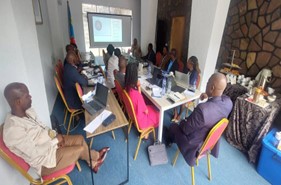
This session marks a key milestone in the implementation of the programme’s priority studies: the baseline study and the land conflict risk study. For one month, the experts conducting the study traversed the six target provinces of the program: Kinshasa, Kongo Central, South Ubangi, Tshopo, Kwilu, Eastern Kasai to collect data.
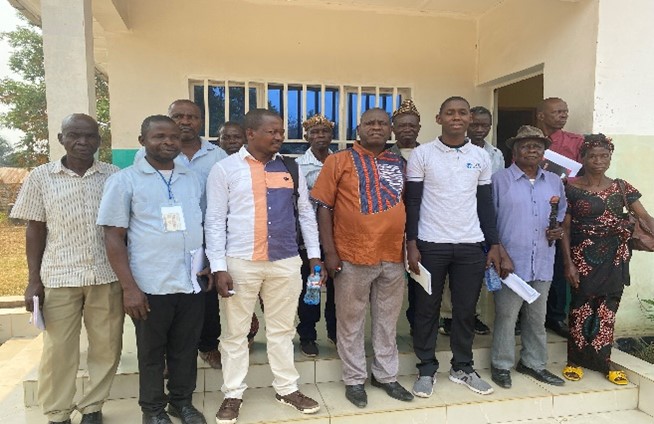
These two studies seek to examine the dynamics of formal and informal governance and management of land tenure, including in terms of intersectoral coordination; assess the performance of land administrations; analyze the drivers and risks of land conflicts; and push the case for land reform as a response to the challenges identified.
The dissemination workshop provided an opportunity to interrogate the relevance of the methodology used in the field by the consultants, assess the quality of the data collected, analyze challenges encountered in the field to draw useful lessons and formulate practical recommendations for their validation at the local and national levels.
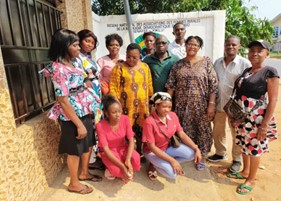
Voir: article en français








